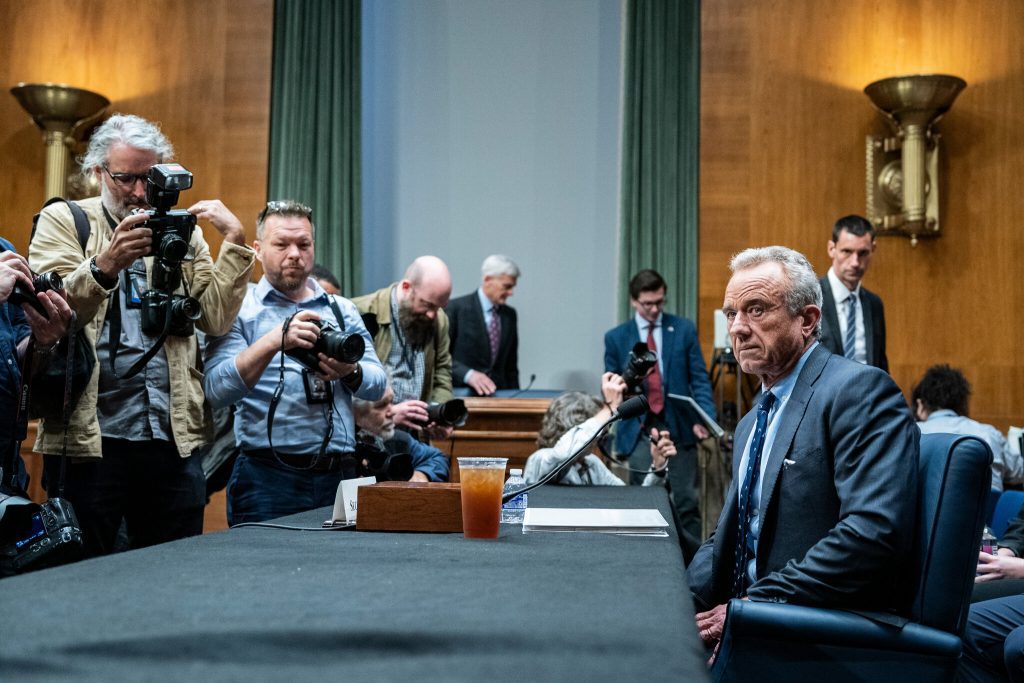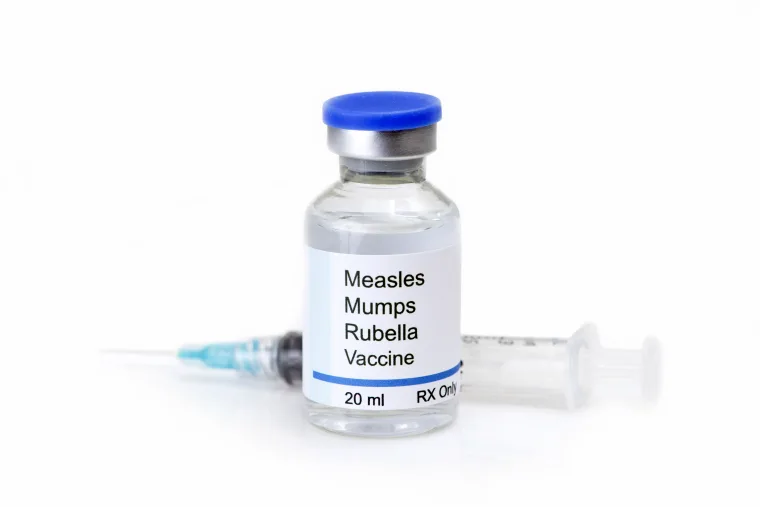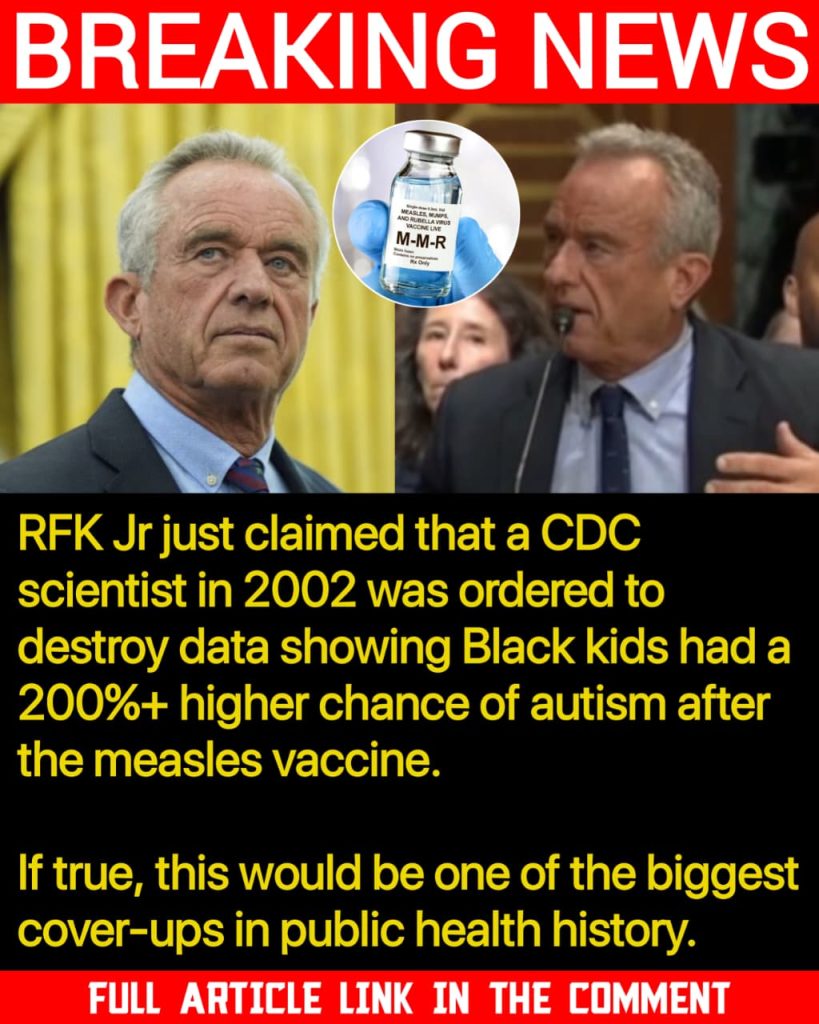Robert F. Kennedy Jr Says a CDC Scientist Was Ordered to Destroy Vaccine Data in 2002 — A Story That Raises More Questions Than Answers
The world of politics and public health collided once again when Robert F. Kennedy Jr made a dramatic claim that has quickly gone viral. Speaking in a way that immediately caught attention, he alleged that back in 2002 a top scientist at the Centers for Disease Control and Prevention was ordered to destroy data linking the measles vaccine to a more than 200 percent higher risk of autism among Black children. The words were heavy, and the reaction was immediate. Online, the clip began spreading rapidly, shared by people who felt it confirmed long-standing suspicions and criticized by others who pointed out that such claims have been investigated before and found to lack scientific foundation.

The backdrop to this revelation is important. Kennedy, now a prominent political figure and long-time critic of vaccine policy, has often been at the center of controversy for his statements on public health. His latest claim echoes themes that have circulated for years around vaccine safety, fueled in part by the 2016 documentary Vaxxed, which featured a supposed CDC whistleblower making similar accusations. That film was widely discredited by scientists and medical experts, who stressed that multiple studies have shown no link between vaccines and autism. Yet the story of hidden data and destroyed files continues to resurface, now with Kennedy’s voice giving it new energy.

What makes this moment striking is not just what Kennedy said, but the way it resonates with public distrust. In a time when faith in government institutions is shaky, and when AI-generated misinformation often clouds what people see online, a statement like this doesn’t need immediate proof to capture attention. For many, the idea that powerful agencies might bury inconvenient findings feels believable, especially when it involves children’s health. The emotional weight of even the suggestion that kids could have been harmed and evidence destroyed is enough to spark outrage, even before the details are examined.
It is important to be clear, though: there is no verified scientific evidence proving that vaccines cause autism, and major organizations from the CDC to the World Health Organization maintain that vaccines are safe and necessary for protecting public health. The data Kennedy referenced has been the subject of debate before, with critics pointing out that statistical anomalies can be misinterpreted, and that broad population studies consistently fail to support the claim of a causal link. What he offered this week was not new evidence, but a retelling of a story that has circulated in activist circles for years.
Still, moments like this are about more than science. They reveal how powerful narratives can be, especially when they involve allegations of cover-ups and betrayal by trusted institutions. Even if the claim is unproven, the fact that so many people feel ready to believe it shows the deep cracks in the relationship between citizens and the agencies meant to protect them. That is why Kennedy’s words, whether accepted or rejected, strike a chord. They remind us that transparency matters. They remind us that people want answers they can trust, not explanations that feel distant or dismissive.
As the video of his remarks spreads, there will likely be renewed calls for clarity, fresh scrutiny of old reports, and plenty of debate about whether Kennedy is uncovering hidden truths or simply recycling discredited theories. Either way, the reaction proves that stories about vaccines and autism remain some of the most emotionally charged topics in public life. The conversation is not just about science, but about trust, accountability, and the responsibility of leaders to speak carefully when addressing issues that touch families so deeply.


